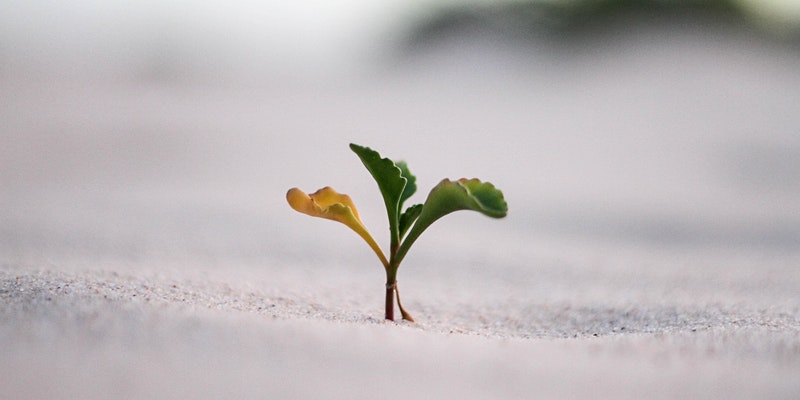
by Lourdes Alemán & Melissa Cao Although student mental health has long been a concern in higher education, the pandemic, by its very nature, exacerbated students’ mental health. The pandemic […]

On March 30, 2022, TLL hosted a talk by Professor Carlton Fong of Texas State University on the many ways the COVID-19 pandemic impacted student motivation. Professor Fong discussed evidence-based […]

A recent study of the effects of a near-peer mentoring program for first-year students intending to major in biology at the University of California at Santa Barbara (UCSB) found that […]

Background The concept of a growth mindset, originally studied by Carol Dweck, involves the belief that abilities are malleable and can improve with effort, feedback, and the appropriate strategies. On […]

On Wednesday, February 24, 2021, the Teaching + Learning Lab hosted this talk on strategies for promoting a culture of student well-being, involving a case-study from the University of Washington. […]

While the Fall 2020 semester continued to pose remote teaching challenges, it also presented an opportunity for instructors to be more prepared than the emergency move to remote teaching in […]

